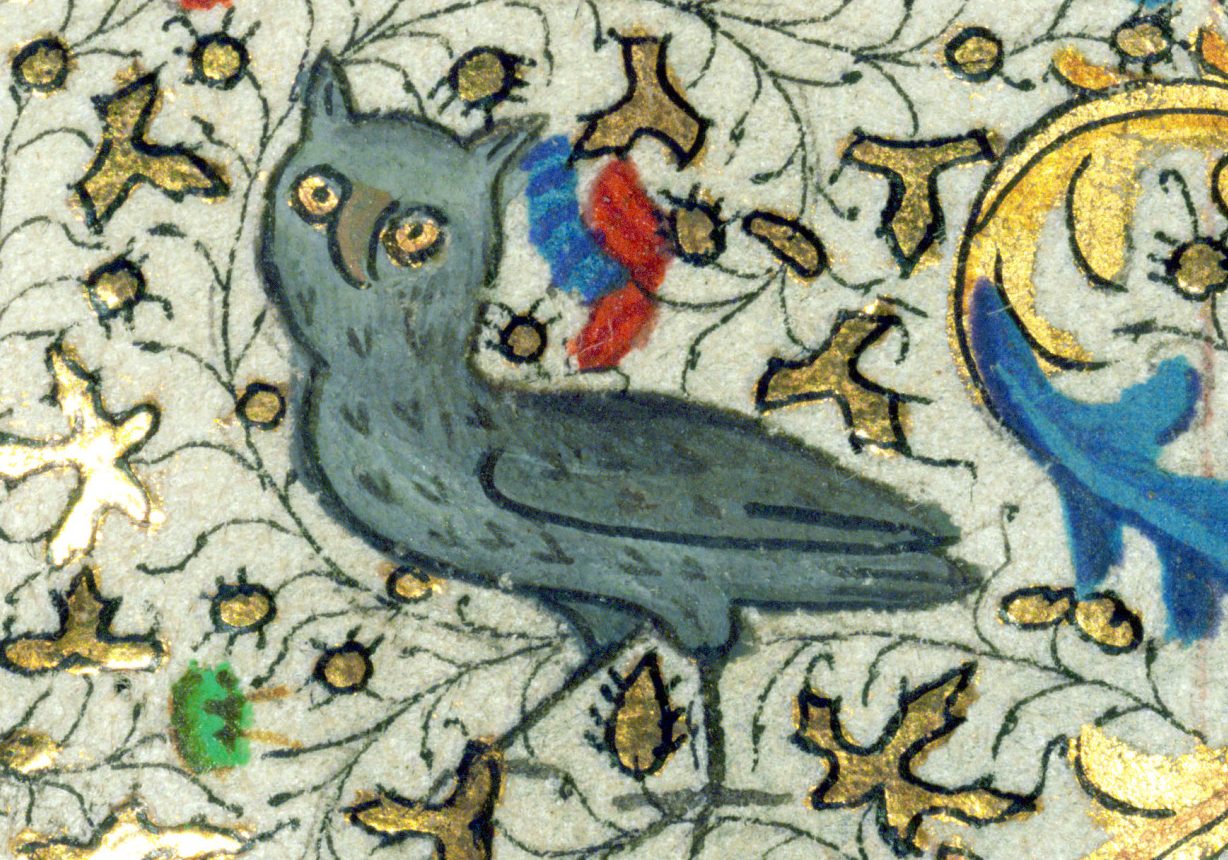Do Plants Have Minds?
Plants don’t have minds. At least, that’s what most people think. A few years ago, that’s also what I thought. Then, reflecting on the work of Ruth Millikan and Fred Dretske, I started wondering why it seemed obvious, and whether it should. This led me to write a short book …




